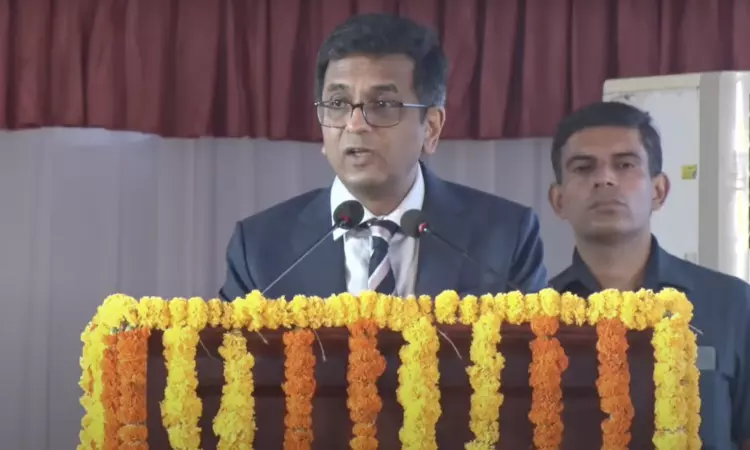'Chief Justice of India DY Chandrachud, speaking at an event today (July 02), said that rough, ready, and handy justice is anathema to the rule of law and procedural guarantees. He opined that a Court must subserve no might but the Constitution and serve no one but the litigant. Our Courts are not merely sights of sovereign power but are also essential service providers, he added. CJI...

